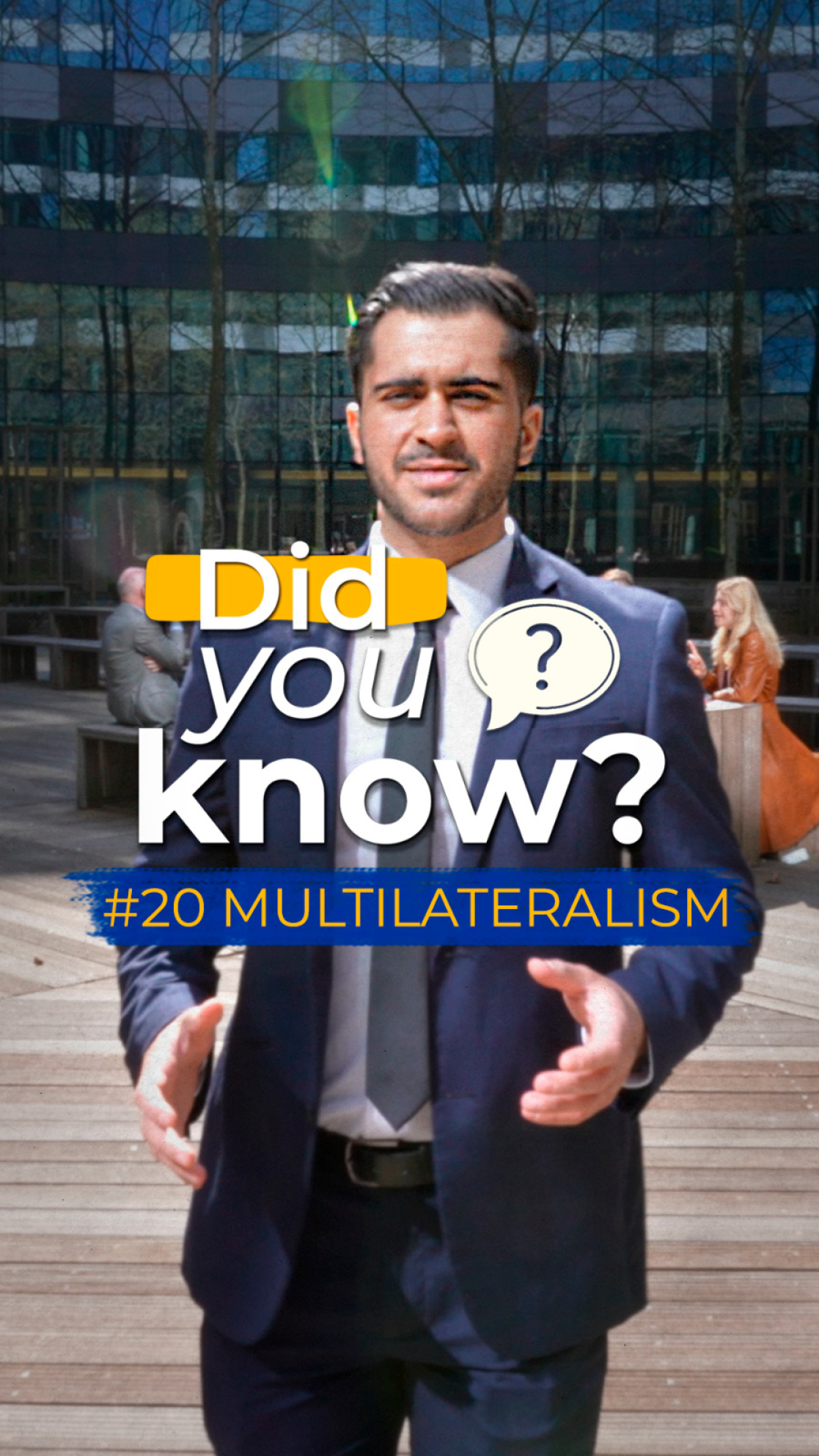International Day of Multilateralism and Diplomacy for Peace

As we mark this occasion, we reaffirm our unwavering commitment to the United Nations Charter and the principles of multilateralism, recognising that they are the only means by which we can guarantee the right to peace and prosperity for all people across the globe.
The European Union has always upheld and will continue to uphold the UN Charter and its fundamental principles: sovereignty, equality of Member States, territorial integrity, political independence, and self-determination. These are not abstract ideals; they are the foundation of international peace and security.
EU High Representative for Foreign Affairs and Security Policy Kaja Kallas
The UN Charter serves as the foundation for international law and outlines the principles of peace, cooperation, and respect for human rights that all member states agreed to adhere to. By upholding the Charter, countries can prevent conflicts, promote sustainable development, and protect the rights of all individuals, regardless of their nationality or background. This is especially crucial in light of the numerous complex challenges that the world is currently facing.
The conclusions from the European Council meeting in March 2025 reaffirmed the EU’s steadfast commitment to effective multilateralism and to the rules-based international order with the United Nations at its core.
Peace is a prerequisite for sustainable development – and vice versa – and thus a vital foundation for achieving the 2030 Agenda and its 17 Sustainable Development Goals (SDGs). This is a priority for the EU, which in 2023 submitted it first-ever Voluntary Review on the Implementation of the 2030 Agenda (EUVR). The review shows how the EU is working with partners to deliver on the SDGs.
The United Nations Summit of the Future took place in New York on 22 and 23 September 2024 under the theme of ‘Multilateral solutions for a better tomorrow’, and as part of the 79th session of the UN General Assembly. During the Summit, world leaders adopted the Pact for the Future, which includes annexes on the Global Digital Compact and Declaration on Future Generations. The Pact for the Future incorporated chapters on:
- Sustainable development and financing for development;
- International peace and security;
- Science, technology and innovation and digital cooperation;
- Youth and future generations; and
- Transforming global governance.
To respond successfully to global crises, threats and challenges, the international community needs an efficient multilateral system, founded on universal rules and values.
The EU works very closely with and in other international organisations and entities, such as the Organisation for Economic Co-operation and Development, the World Trade Organisation, the Council of Europe, the Organisation for Security and Cooperation in Europe, and the North Atlantic Treaty Organisation.
Finally, the EU seeks closer cooperation with other regional and multinational groupings such as the African Union, the Organisation of the African, Caribbean and Pacific States, the Association of South-East Asian Nations or the Community of Latin American and Caribbean States to address common challenges and to work together at the international level.
WATCH our ‘Did You Know?’ video on EU work on multilateralism





